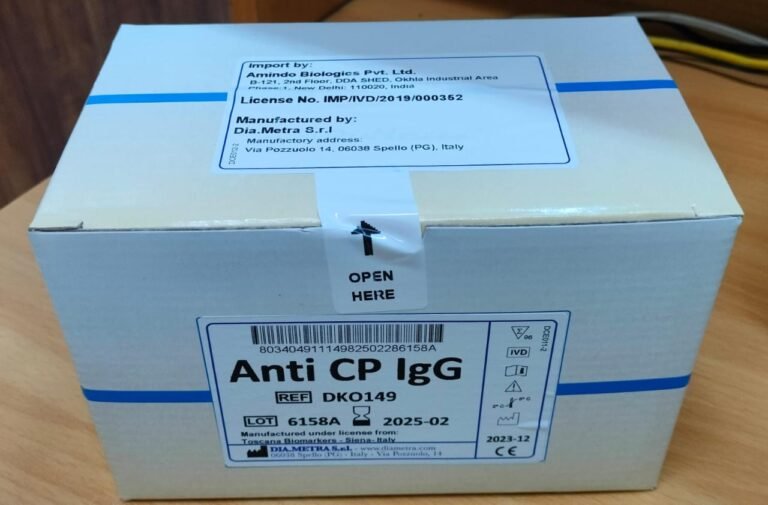Unveiling Vasculitis: Navigating the Complexities of an Intricate Autoimmune Disorder
Introduction:
Vasculitis is a group of rare autoimmune diseases characterized by inflammation of blood vessels. This intricate family of disorders presents a unique set of challenges, impacting various organs and systems throughout the body. In this blog post, we’ll explore the diverse facets of vasculitis, from its causes and symptoms to diagnostic approaches and available treatment options.
Understanding Vasculitis:
Autoimmune Nature:
Vasculitis occurs when the immune system mistakenly attacks blood vessels, causing inflammation and potential damage.
Classification:
Vasculitis can be categorized based on the size of the affected blood vessels, leading to classifications such as small vessel, medium vessel, and large vessel vasculitis.
Common Symptoms:
Fatigue:
Persistent fatigue is a common symptom, often accompanied by a general feeling of unwellness.
Fever:
Systemic inflammation may lead to recurrent fevers.
Skin Changes:
Rashes, bruises, or ulcers may develop due to impaired blood flow.
Organ Involvement:
Depending on the type of vasculitis, various organs may be affected, leading to symptoms such as joint pain, respiratory issues, or kidney problems.
Diagnostic Approaches:
Blood Tests:
Elevated inflammatory markers, such as erythrocyte sedimentation rate (ESR) and C-reactive protein (CRP), can indicate the presence of inflammation.
Imaging Studies:
X-rays, CT scans, and MRIs help visualize blood vessels and detect abnormalities.
Biopsy:
Tissue samples from affected organs can confirm the presence and type of vasculitis.
Treatment Options:
Immunosuppressive Medications:
Corticosteroids and immunosuppressants are commonly prescribed to control the immune system’s overactivity.
Biologics:
Targeted therapies, such as biologics, may be used to modulate specific immune responses.
Plasma Exchange:
In severe cases, plasma exchange may be employed to remove harmful antibodies from the blood.
Living with Vasculitis:
Individualized Treatment Plans:
Due to the heterogeneity of vasculitis, treatment plans are often tailored to each patient’s specific symptoms and organ involvement.
Lifestyle Adjustments:
Regular exercise, a balanced diet, and stress management contribute to overall well-being.
Supportive Care:
Support groups and counseling can provide emotional support for individuals and their families facing the challenges of vasculitis.
Research and Future Outlook:
Advancements in Understanding:
Ongoing research seeks to unravel the complexities of vasculitis, leading to improved diagnostic tools and targeted therapies.
Patient Advocacy:
Increasing awareness and advocating for research funding are essential steps in enhancing the understanding and management of vasculitis.
Conclusion:
Vasculitis is a multifaceted autoimmune disorder that demands a nuanced approach to diagnosis, treatment, and ongoing care. By fostering awareness, promoting research, and offering support to those affected, we can collectively navigate the complexities of vasculitis and work towards a future where individuals can manage and thrive despite the challenges posed by this intricate condition.







